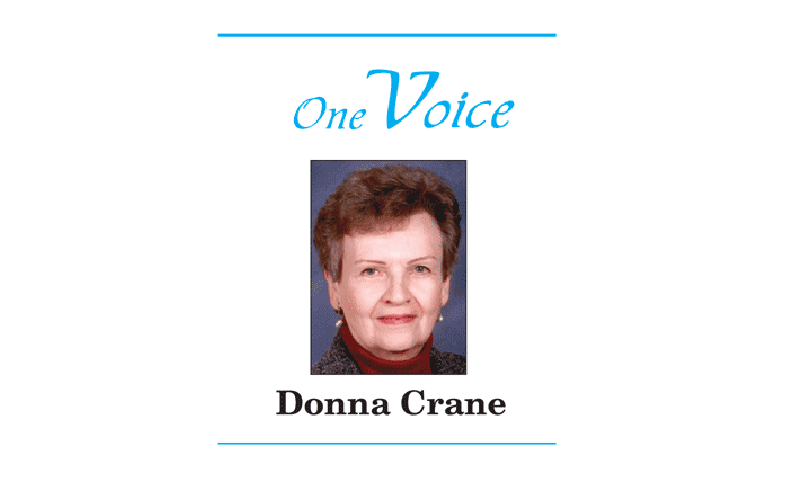
Eillie Anzilotti, is assistant editor for Fast Company’s Ideas section, which covers sustainability, social good, and alternative economies. He wrote the following article, entitled: “More and more Americans believe socialism will boost equity.”
“The last time the polling company Gallup asked Americans about their understanding of the word ‘socialism’ was in 1949. At that point, around one-third couldn’t define it, another one-third associated it with government ownership and control of everything from businesses to utilities, and just 12% thought it gestured toward equity among people, particularly in regard to income and rights. Around 6% figured it was a form of modified communism.
“That was the year before senator Joseph McCarthy (R-Wis.) proclaimed he would seek out communists and socialists living in the U.S., which sent people into a frenzy, and socialism even further to the fringes. Gallup stopped asking how people viewed socialism again until this year, when it’s decidedly back in the mainstream discourse.
“Following Bernie Sanders’ campaign as a democratic socialist presidential candidate in 2016, and high-profile victories of around 40 socialists, including Alexandria Ocasio-Cortez from New York’s 14th Congressional District this year, socialism is back in the mainstream political discourse: The Democratic Socialists of America’s membership grew from 7,000 members to over 50,000 since 2016.
“And with it, Gallup is asking the question again. It’s found that the general view of socialism has evolved, at least somewhat, since they last checked in with the American people about it. The biggest difference between now and then, according to Gallup, is that in 2018, the number of people who define socialism as government ownership of everything has dropped by half, down to 17%. Around 6% still view it as modified communism, and another 6% had, according to Gallup, ‘non-specific derogatory opinions’ about the term.
“But generally, Gallup has documented a shift toward a ‘gentler, lighter’ understanding of socialism. Around 23% of Americans now, an 11% increase from 1949, see socialism as a means toward greater equity among people, and 10% think it would bring about an increase in benefits like improved social services and universal health care. Another 6% think socialism means ‘getting along with people,’ and 1% think it means a shift toward a more cooperative planning process.
“While Gallup didn’t sort these latest findings by political orientation, it doesn’t take too much of a stretch of the imagination to guess from which side of the aisle the varying opinions come. Another recent Gallup poll found that only 16% of Republicans view socialism positively, and they’re vastly more likely to understand it as government control of the means of productions. Around 57% of Democrats, on the other hand, have a positive view of socialism.
“As more socialist-leaning candidates on the left score political victories, bolstered in no small part by millennial voters, who tend to question capitalism and view socialism more favorably, and as policies like universal health care and basic income grow in popularity, this poll could just be the latest sign that Americans are leaning into socialism as they learn more about it,” Anzilotti wrote.

